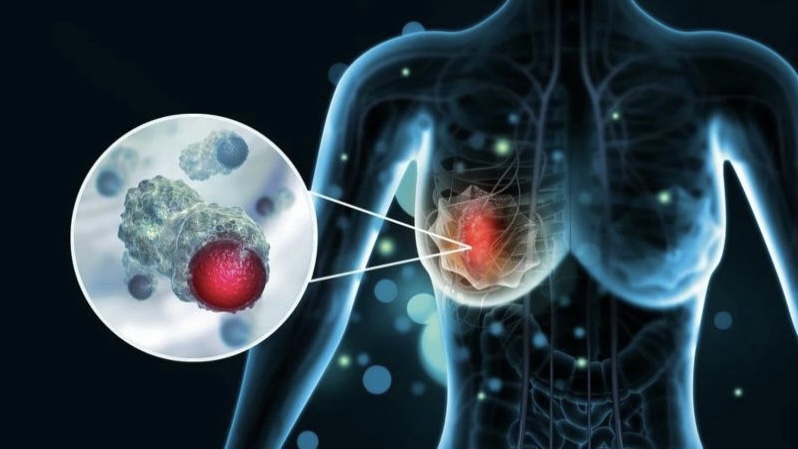We are pleased to announce the enrollment of participants for a pivotal Phase II clinical trial designed to assess the impact of scalp cooling on chemotherapy-induced hair loss in patients diagnosed with metastatic breast cancer.

This research aims to provide valuable insights into how scalp cooling can improve the quality of life for those undergoing chemotherapy, a common side effect of which is significant hair loss.
Chemotherapy is a critical treatment for metastatic breast cancer, but it often comes with distressing side effects, including alopecia.
Many patients report that hair loss significantly affects their self-esteem and overall well-being. The current study will investigate whether the use of the Paxman Scalp Cooling System can effectively reduce hair loss among patients receiving specific chemotherapy regimens.

Study Overview
The trial, led by Principal Investigator Dr. Elahe Salehi, focuses on comparing hair loss rates between two groups: those using the Paxman Scalp Cooling System and those receiving standard care without scalp cooling. Participants will be treated with one of the following chemotherapy agents for at least four cycles: sacituzumab govitecan, trastuzumab deruxtecan, or eribulin. The scalp cooling system must be initiated with the first dose of chemotherapy for those opting into the scalp cooling group.

Eligibility Criteria
Eligible participants for this trial include men and women aged 18 and older who have a diagnosis of metastatic invasive breast cancer and an Eastern Cooperative Oncology Group (ECOG) performance status of ≤2. Importantly, participants must have hair present at the start of the study. The study will provide crucial data on how scalp cooling can potentially mitigate one of the most visible and distressing side effects of cancer treatment.
Exclusion Criteria
Certain conditions may disqualify individuals from participating in this trial. Exclusions include known hematological malignancies such as leukemia or lymphoma, scalp metastases, and any baseline alopecia defined by a CTCAE grade greater than 0. Additionally, individuals with cold agglutinin disease, cold urticaria, or a personal history of migraines that could be exacerbated by cold exposure will also be excluded.
Importance of the Research
This trial represents a significant step toward improving patient care in oncology. By exploring the effectiveness of scalp cooling, we aim to enhance the quality of life for patients undergoing chemotherapy for metastatic breast cancer. Successful implementation of scalp cooling could lead to broader acceptance and use of this intervention in clinical practice, providing patients with a valuable option to manage one of the more challenging aspects of their treatment.
How to Get Involved
If you or someone you know may be eligible and is interested in participating in this important study, please reach out for more information. You can contact us at 877-DF-TRIAL (877-338-7425). For complete trial details, including the study protocol, please visit (https://www.clinicaltrials.gov) and search for the trial ID NCT04986579.
For more posts like this, visit oncodaily.com


